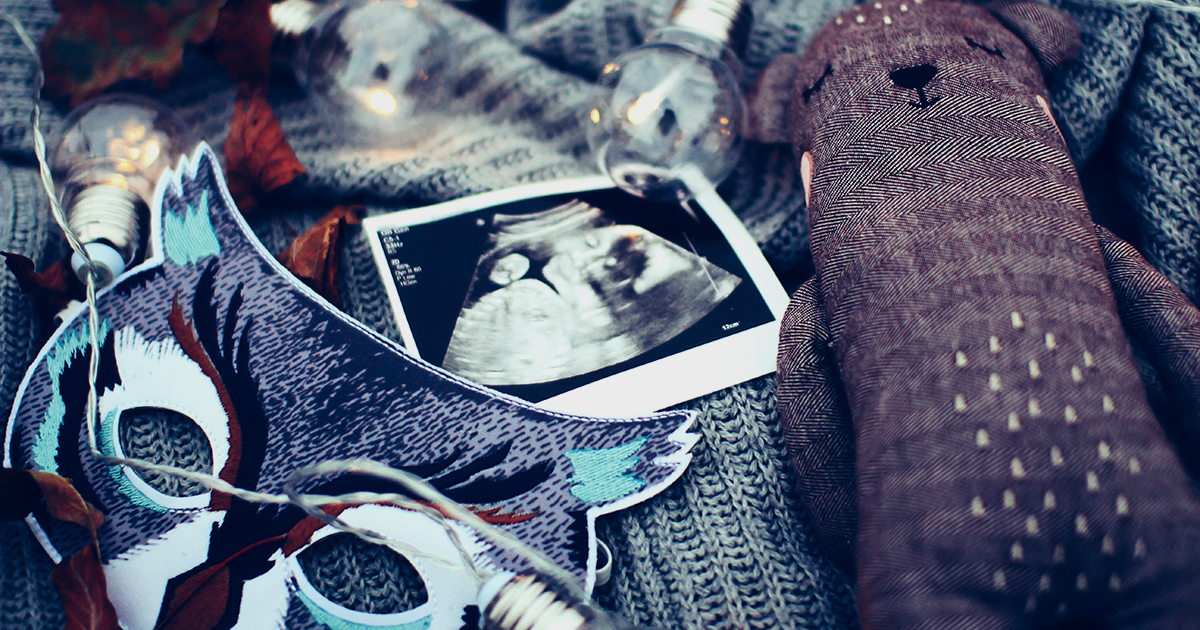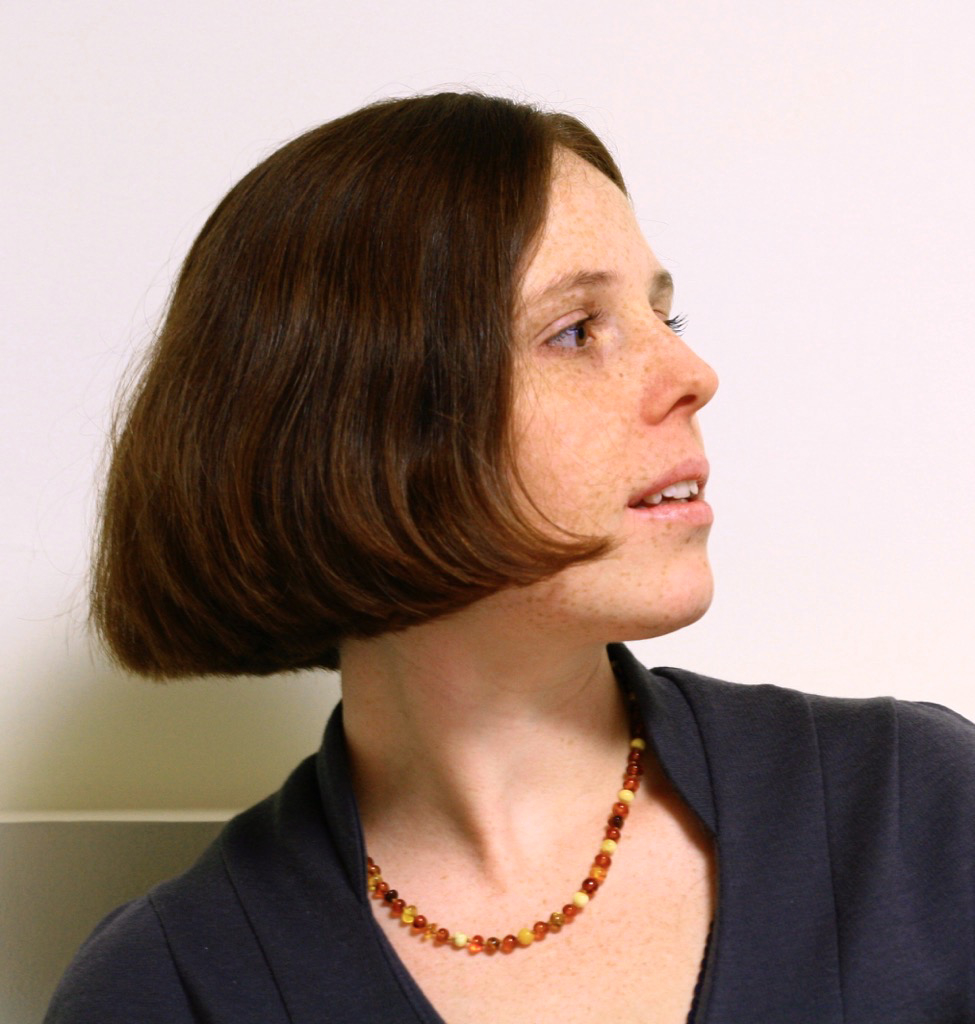JOY THROUGH TIME
★ ★ ★ ★

By Erin O’Loughlin
Just look at those baby photos—all those shots of chubby legs and cheeky grins. Delighted, drool-covered little chins. Favourite outfits, from back when baby clothes were a novelty of impossibly tiny socks and shoes, strange shapes and sizes, with studs and buttons in unexpected places. Old furniture, long gone—the cribs and baby baths, the changing tables and musical mobiles. That wallpaper that I loved so much, the cheeky monkeys dancing along the top of the ceiling.
Eight years on, I’ve finally answered the call to create a photo album of our first son. It’s been a busy eight years, and the photos have been sitting on a hard drive in a drawer, waiting for someone to have the time to put some order to them. The folders of photos are immense: as if there were nothing else to do all day but laugh, play, and take photos. Heart-breaking moment after moment of joy, captured in cheap film and amateur angles—Quick, he’s smiling, grab the camera!
I’ve been trying to find not just the best ones—the day my brother visited with his fancy camera, the time I exchanged cookies for a photo shoot with my co-worker—but the ones that capture all that joy. It feels like there is so much happiness caught up in those early days, I wonder how I’ll ever get back to that feeling. That must be why some people keep having babies—to try and keep that feeling alive and present in their lives.
I’m not sure I can ever recapture the way things felt in the beginning. My first child, my introduction to the astonishing, fierce joy of motherhood. The certainty that this was the most beautiful baby anyone had ever had, ever, in the history of the world. We look so young. We look so happy. The pain of that is almost overwhelming.
I’m struck by things about my body—my boobs look amazing. Huge, but amazing. They’re rather more utilised eight years and another baby on. Not really the same. My legs seem so lithe, sheets of muscle moving beneath the surface. But I remember feeling they were too heavy at the time. I remember sighing about my face, but it looks so clear and unlined, without the wrinkles I’m pretending to accept as I age. Do we ever learn to enjoy the present? Did I really have no idea how fabulous I looked back then? I never expected I’d one day be envious of that post-baby body, and of the happy pride in my face.
Of course, photos are a trick of the light, an illusion. They represent things not as they were, but as we dreamed they were. In between all those moments of joy there were three straight months of colicky crying, sleep deprivation, breastfeeding problems, fevers and gastro, and the awful day that we fractured his little leg in a playground accident. (But see, even that has been turned into a happy memory, holding up a bravely smiling baby to show his plaster cast to the camera.)
I know this, so why do I feel like that joy was intrinsically linked to those days and has passed permanently? Everyone is so quick to tell you how wonderful and fleeting the baby days are, but is this what they mean? Once your children have grown old enough to understand the world better, to have problems you can’t fix, to stop reaching for you simply, urgently, uncomplicatedly, then that joy is gone. Once they are truly separate people, with their own beliefs and emotions, everything changes.
My children still bring me happiness. I love them, deeply. But that sense of wonder, of possession, that feeling of being enough to soothe any problem, that’s gone. As my oldest deals with the everyday struggles and heartbreaks of the schoolyard, all I can do is counsel him and try to be a wise companion. I miss those days when just by walking into a room, I could make him break into the biggest, happiest grin you’ve ever seen.
In so many of the really early photos, he’s never looking at the camera. Instead, his little face is fixed on mine, gazing at me intensely as if I’m the only thing in the world that matters. And I’m gazing at him in the same way, usually with my back to the camera, just us two in all the world.
Of course, that can’t last. You don’t want your babies to stay babies forever, you want to see them grow and learn, as you send them out into the world and see how well you’ve prepared them against the slings and arrows. You want them to become good. Great even. Wise, successful people. Most of all, you want them to be happy. And each tear that cannot be brushed away, each hurt that cannot simply be kissed better, each sleepless hour that cannot be mended by rocking arms, erodes a little of that simple joy. They learn that the inevitable counterpoint to happiness is sadness, and that life is not simply an endless parade of pleasure, punctuated by wet diapers and hungry bellies. And we learn that we don’t have some magical power to make each other endlessly happy, simply by being.
Little children, little problems; big children, big problems, they tell you. But they forget to explain that little children bring such great joy because you get to completely possess it, as your own, as if you still shared that umbilical cord. It’s their gift to you. But big kids are their own people, with their own hurts and happinesses. And if you’re lucky, if you’re doing the whole parenting thing right, they’ll share them with you, but you never get to just own them again.
So luckily you have the photos to look back on, where you can see the light in their eyes, and you know that the huge gummy grin on that little face is because you just walked into the room.

Erin O’Loughlin is a writer, translator and self-confessed foodie. Originally from Australia, she has lived all over the world including Japan, South Africa and Italy. Her work has been published by Leopardskin & Limes, Brilliant Flash Fiction and FTB Press. She lives in Berlin, Germany.
























Love the way you wrote this. There’s nothing like first times. First times are so magical. You have that sense of wonderment. Like you’ll never have it again. And looking back on these photos. Yeah, I have that too. Looking back and remember everything better than it was. Have this ideal picture in your head.
What an amazing piece you wrote, love your writing style! So deep and marvelous! I am so happy you finally decided to create a photo album of your first son! I agree with Carola, first time is a magical moment, appreciate it and look back on it with joy!